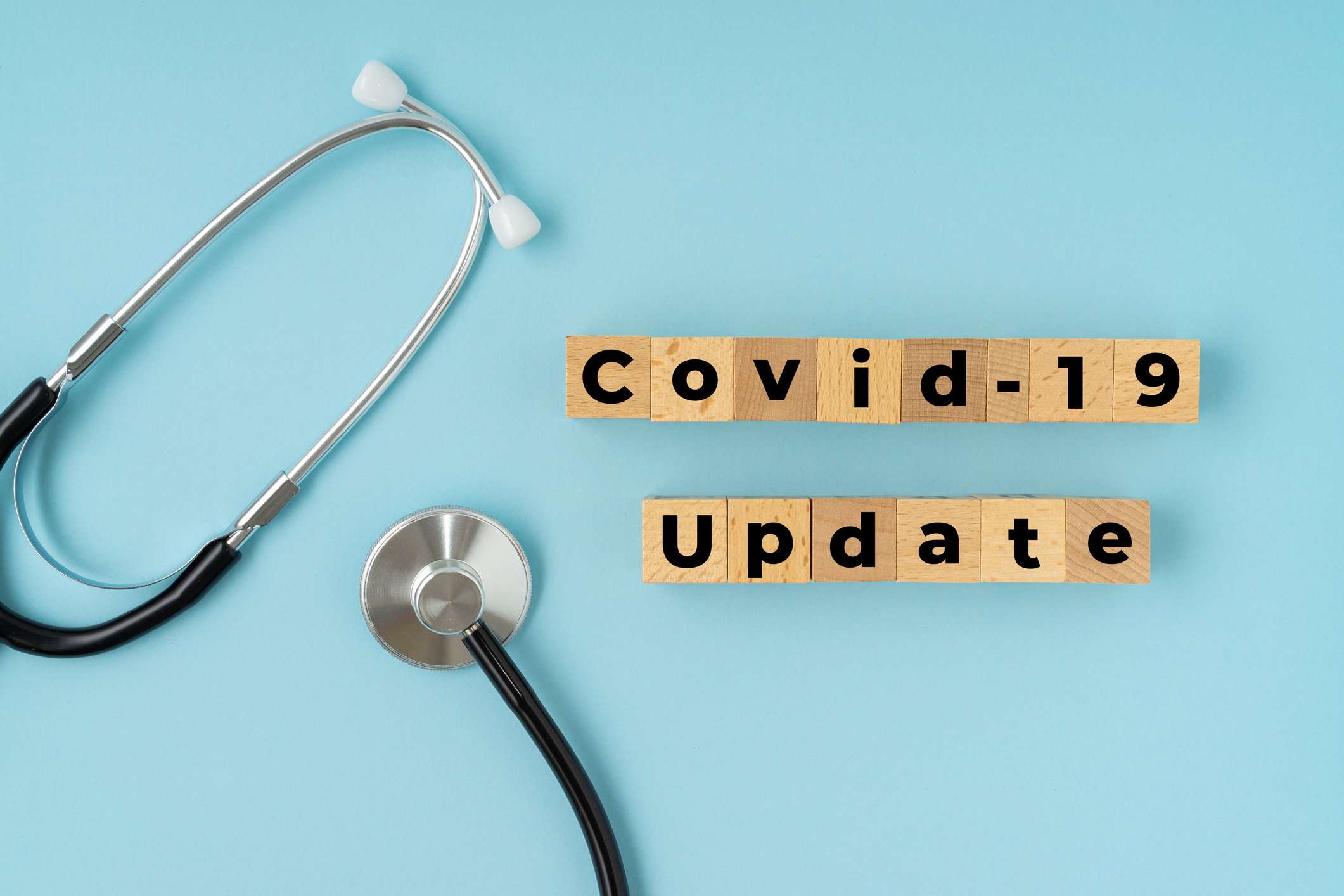Get Easy Health Digest™ in your inbox and don’t miss a thing when you subscribe today. Plus, get the free bonus report, Mother Nature’s Tips, Tricks and Remedies for Cholesterol, Blood Pressure & Blood Sugar as my way of saying welcome to the community!
COVID-19 Update: What we know about the Omicron Variant

Just in time for the holidays, we’ve gotten the news that yet another SARS-CoV-2 variant has made its presence known.
As of December 6, 2021, the Omicron variant has been identified in cases in at least 17 states, according to the CDC, and that number is expected to rise.
California was the first state to report a case and since then Colorado, Connecticut, Hawaii, Louisiana, Maryland, Massachusetts, Minnesota, Missouri, Nebraska, New Jersey, New York, Pennsylvania, Utah, Washington, Wisconsin and Georgia quickly followed suit.
Early reports are that the Omicron variant shares much of the same genetic material as the common cold.
However, NIAID director Dr. Anthony Fauci called reports about Omicron’s severity from the South African Medical Research Team as “encouraging” but also cautioned that “it’s too early to make any definitive statements.”
This has many folks wondering about the efficacy of the current booster and whether they should go ahead and get one.
Boosters and Omicron
While scientists are still collecting data on the Omicron variant and will likely have better data about vaccine efficacy in the coming weeks, infectious disease experts say that a boost can only be helpful.
According to Carlos del Rio, an infectious disease specialist at the Emory University School of Medicine, higher antibody levels from a booster shot will provide an extra layer of protection, and could potentially improve patients’ immune response.
Dr. Fauci agrees that the vaccination with a booster is expected to offer “some degree of protection.”
Related: The Link Between Long COVID and Your Thyroid
“Although we haven’t proven it yet, there’s every reason to believe that if you get vaccinated and boosted that you would have at least some degree of cross-protection, very likely against severe disease, even against the Omicron variant,” Fauci said.
He cited research showing that getting a booster “markedly increased the antibody titers against a wide range of variants.”
How do the boosters rate? According to Fauci:
- Data on antibody titers before and after a third shot of Moderna in adults 18-64 showed a jump from 55 to 872 titers, approximately 28 days after a third shot — even higher than their peak after the second shot. Titers similarly rose from 32 to 708 for adults 65 and older, 28 days after they were boosted.
- The Pfizer-BioNTech booster produced similar results: a month after the third shot, 50% serum neutralization titers shot up from 241 to 1,321 in adults 18-55, and from 123 to 1,479 in adults 65-85, according to an October report in the New England Journal of Medicine.
- Fauci also cited animal studies indicating that boosters drove up antibody levels by up to a factor of 20, and in doing so “broaden and strengthen the immune response.”
Related: The Connection Between Aging, Mitochondria and COVID-19
Boost now or later?
Public health experts agree that now is the time to get a booster if you’ve been considering it.
The CDC states that individuals who received two shots of the Pfizer-BioNTech or Moderna vaccines at least 6 months ago, or people who received the Johnson & Johnson shot at least 2 months ago, are eligible for a COVID booster. After Omicron was first detected on U.S. soil, the agency recently changed its language around those recommendations, stating that all adults ages 18 and up should get a booster.
However, some experts speculate current vaccines may be less effective against Omicron’s more than 50 mutations.
Good news right now though is there’s no evidence yet that Omicron causes more severe disease.
A South African physician who’d first raised the alarm over the new strain said most cases she’d treated were “extremely mild.” Angelique Coetzee, MD, chair of the South African Medical Association, told the BBC that the symptoms were “unusual” and differed from the Delta variant, focusing on fatigue and body aches.
Related: 7 Must-Have Nutrients During The Pandemic
Sources:
Omicron in 17 states — MEDPAGE TODAY
Fauci: ‘Every Reason To Believe’ Boosters Protect Against Omicron — MEDPAGE TODAY
Get That COVID Booster Sooner Rather Than Later, Experts Say — MEDPAGE TODAY
What Doctor’s Need to Know about Omicron — MEDPAGE TODAY












